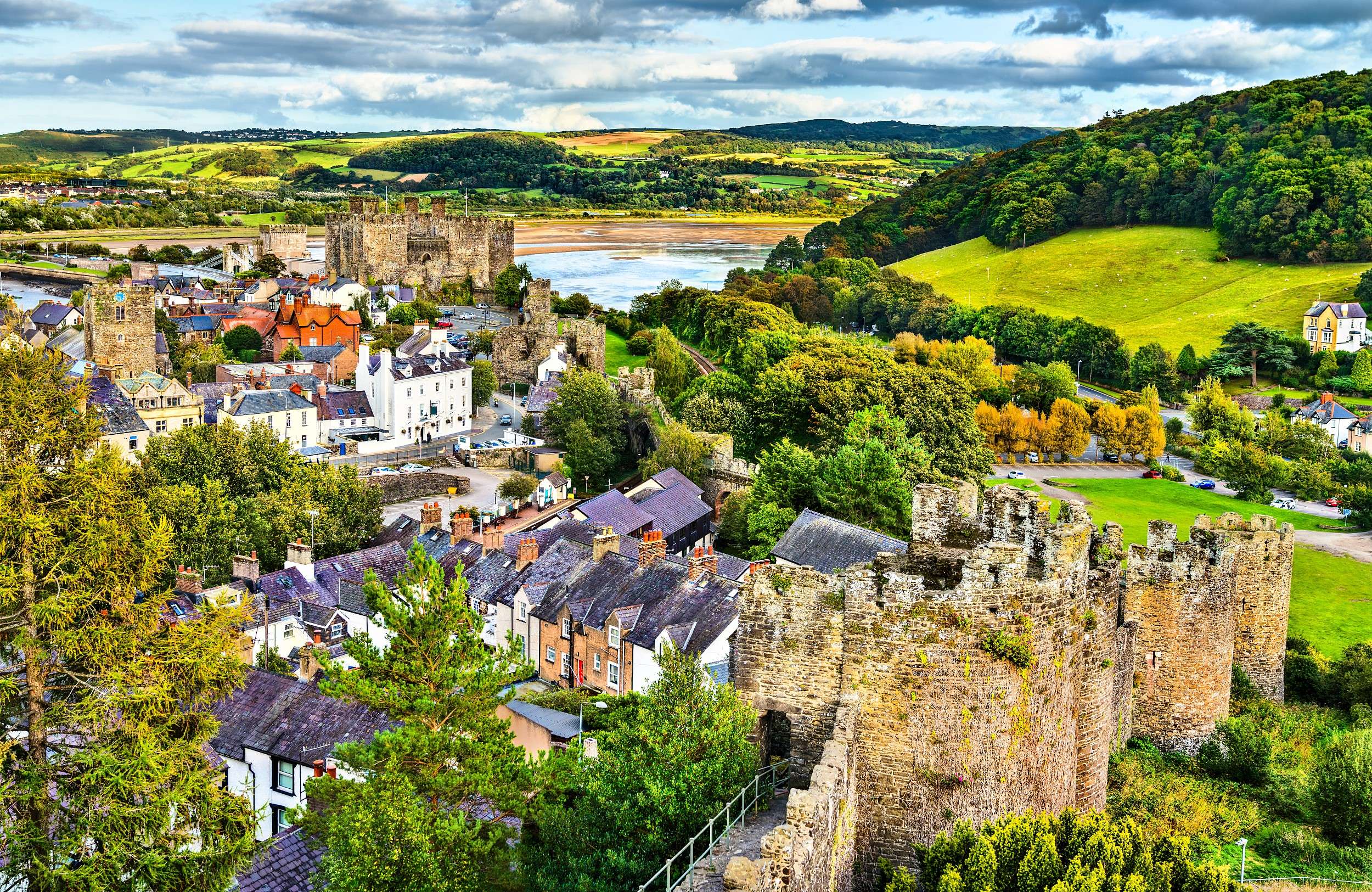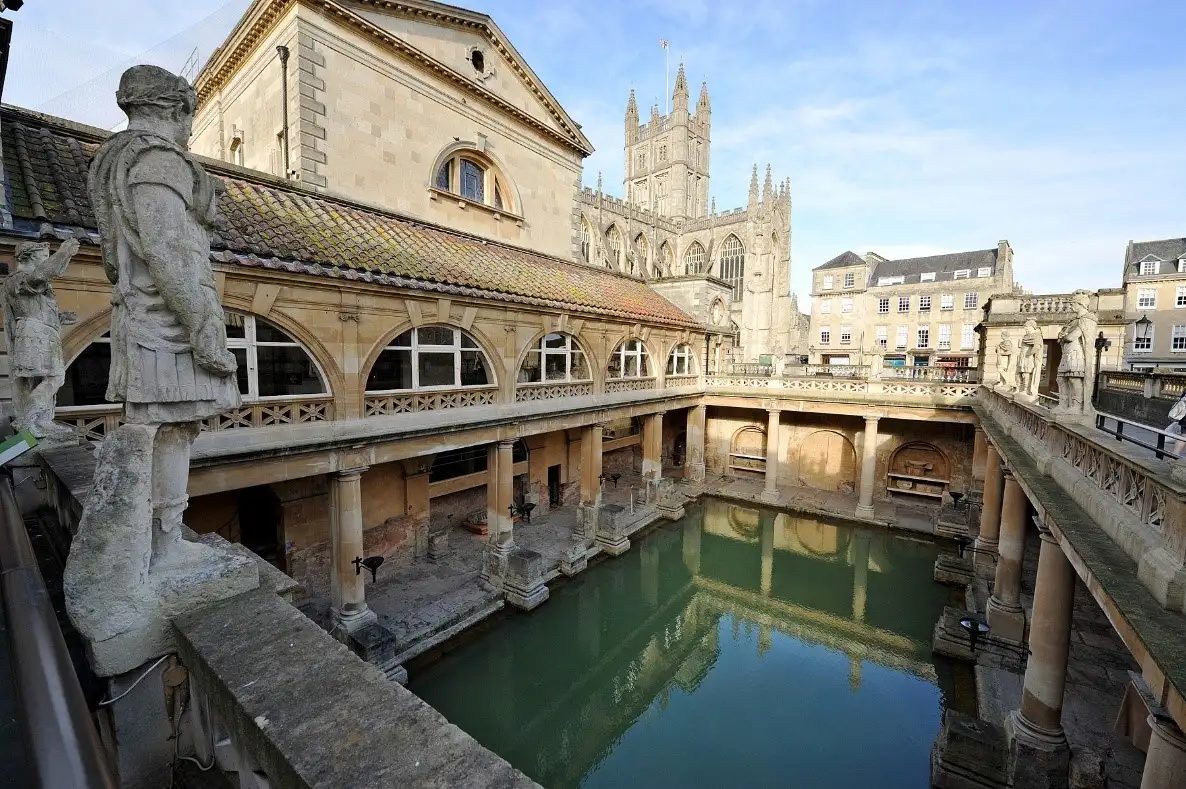Are you planning to visit the UK in 2024 or just curious about the dates and significance of the bank holidays? If so, this blog post is for you. Here, we will provide you with a list of UK public holidays for 2024 and some background information on each of them.

What are bank holidays?
Bank holidays are public holidays in the UK that are usually observed on Mondays. They are called bank holidays because banks, government offices and most businesses are closed on these days. Some bank holidays have religious or historical origins, while others are more recent additions to the calendar.
How many bank holidays are there in 2024?

There are eight bank holidays in England and Wales, nine in Scotland and ten in Northern Ireland in 2024. The dates and names of the bank holidays may vary slightly depending on which country you are in. Here is a table of the bank holidays for each country in 2024:
| Date | Day | Bank holiday | England and Wales | Scotland | Northern Ireland |
| 1 January | Monday | New Year's Day | Yes | Yes | Yes |
| 29 March | Friday | Good Friday | Yes | Yes | Yes |
| 1 April | Monday | Easter Monday | Yes | No | Yes |
| 6 May | Monday | Early May bank holiday | Yes | Yes | No |
| 27 May | Monday | Spring bank holiday | Yes | Yes | No |
| 26 August | Monday | Summer bank holiday | Yes | No | No |
| 25 December | Wednesday | Christmas Day | Yes | Yes | Yes |
| 26 December | Thursday | Boxing Day | Yes | Yes | Yes |
| 2 January | Thursday | 2nd January | No | Yes | No |
| 18 March | Monday | St Patrick's Day | No | No | Yes |
| 12 July | Friday | Battle of the Boyne | No | No | Yes |
What is the significance of each bank holiday?

- New Year's Day is the first day of the year and marks the start of a new calendar. It is celebrated with fireworks, parties and resolutions.
- Good Friday is a Christian holiday that commemorates the crucifixion of Jesus Christ. It is a day of fasting, prayer and reflection for many Christians.
- Easter Monday is the day after Easter Sunday, which celebrates the resurrection of Jesus Christ. It is a day of joy and celebration for many Christians. In some parts of the UK, there are traditions such as egg rolling, egg hunting and Morris dancing on this day.
- Early May bank holiday is also known as May Day or Labour Day. It is a day to celebrate workers' rights and achievements. It is also associated with spring festivals, such as Maypole dancing, crowning of the May Queen and Beltane fires.
- Spring bank holiday is also known as Whitsun or Pentecost. It is a Christian holiday that marks the descent of the Holy Spirit upon the apostles. It is also a time to enjoy the spring weather and nature.
- Summer bank holiday is also known as August bank holiday or Late Summer bank holiday. It is a day to relax and have fun at the end of the summer season. Many people go on trips, picnics, festivals or carnivals on this day.
- Christmas Day is a Christian holiday that celebrates the birth of Jesus Christ. It is also a cultural holiday that involves gift-giving, family gatherings, feasting and decorations.
- Boxing Day is also known as St Stephen's Day or Wren Day. It is a day to give thanks and share gifts with those less fortunate. It is also a day for sports, such as hunting, horse racing and football.
- 2nd January is an extra bank holiday in Scotland that follows New Year's Day. It is a day to recover from the festivities and visit friends and relatives.
- St Patrick's Day is a national holiday in Northern Ireland that honors St Patrick, the patron saint of Ireland. It is a day to celebrate Irish culture, heritage and identity. It is also a day for parades, music, dancing and wearing green.
- Battle of the Boyne is a public holiday in Northern Ireland that commemorates the victory of King William III over King James II in 1690. It is a day of historical and political significance for some Protestant communities. It is also a day for marches, bonfires and flags.
Visit UK in 2024!
We hope this blog post has given you some useful information on the UK public holidays for 2024. Whether you are a visitor or a resident, we wish you a happy and safe holiday season!
UK Public Holiday
What are bank holidays in the UK?
Bank holidays are public holidays in the UK, typically observed on Mondays. Banks, government offices, and most businesses are closed on these days.How many bank holidays are there in the UK in 2024?
There are eight bank holidays in England and Wales, nine in Scotland, and ten in Northern Ireland in 2024.Why are they called "bank" holidays?
They are called bank holidays because banks, along with many other businesses and government offices, are closed on these days.Is New Year's Day a bank holiday across the UK?
Yes, New Year's Day on 1 January is a bank holiday in England, Wales, Scotland, and Northern Ireland.What is the significance of Good Friday?
Good Friday is a Christian holiday that commemorates the crucifixion of Jesus Christ. It's observed with fasting, prayer, and reflection.Are bank holiday traditions the same across the UK?
No, some traditions vary. For instance, Easter Monday involves egg rolling and Morris dancing in some parts of the UK.What do people do on Early May bank holiday?
It's a day to recognize workers' rights and is also linked with spring festivals, such as Maypole dancing.Why is there an extra bank holiday on 2nd January in Scotland?
The 2nd January is an additional holiday to allow Scots to recover from New Year's Day festivities and visit friends and family.How is St Patrick's Day celebrated in Northern Ireland?
St Patrick's Day honors St Patrick, the patron saint of Ireland. It is celebrated with parades, music, dancing, and the wearing of green.What is the Battle of the Boyne holiday in Northern Ireland about?
It commemorates the victory of King William III over King James II in 1690 and holds historical and political significance for some Protestant communities.
